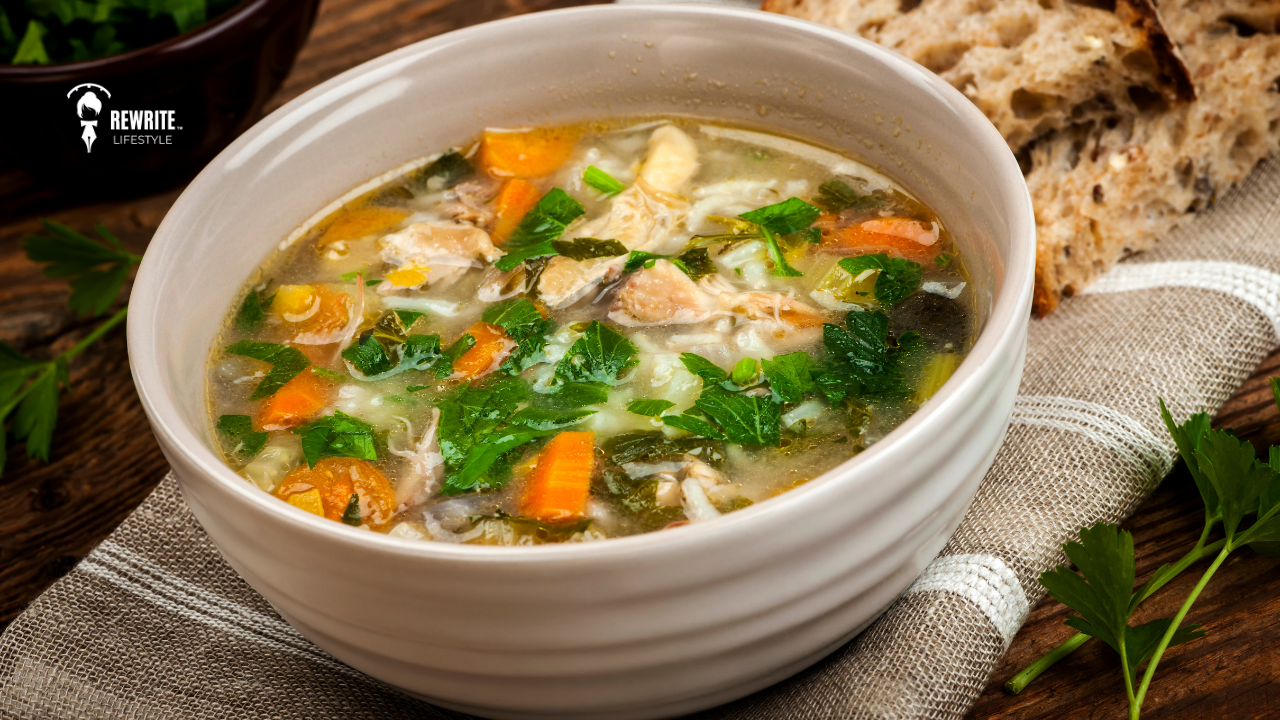One of the Biggest Habits to Break After Weight Loss Surgery
Dec 30, 2024

If you've undergone weight loss surgery, chances are you've come across conflicting advice about eating and drinking together. Let’s break this down to understand the "why" behind it, and how it affects your digestion and overall success post-op.
What Happens to Food in Your Stomach
When you eat, your body begins a fascinating process of breaking down food to extract nutrients. This process involves turning your meal into a semi-liquid mush called chyme.
- Proteins like steak are broken down in the stomach by enzymes.
- Carbohydrates start breaking down in your mouth.
- Fats are primarily processed in the small intestine.
No matter what you eat, it will eventually turn into chyme. The goal is to keep this chyme in your stomach long enough for your body to extract the maximum nutrients.
How Drinking While Eating Affects Digestion
When you drink liquids during your meal, it dilutes the chyme. This speeds up the digestive process, causing the food to leave your stomach faster. While this may sound harmless, it can lead to several issues:
-
Feeling Hungry Sooner
With chyme leaving your stomach quickly, your body misses the extended feeling of fullness that comes with slower digestion. This can lead to overeating or frequent snacking. -
Nutrient Absorption Issues
Your stomach needs time to pull nutrients from the food you consume. Drinking while eating reduces this time, potentially decreasing nutrient absorption. -
Weight Regain and Stalls
If you’re months or years post-op and notice weight regain or stalls, speeding up your digestion by eating and drinking together might be a contributing factor.
The Importance of Eating Slowly
Chewing thoroughly—20 to 40 times per bite—helps break food down before it reaches the stomach. This minimizes the workload on your digestive system and maximizes nutrient absorption. Foods like steak and vegetables benefit from this practice, ensuring that when they reach your stomach, they’re ready for your body to extract the good stuff.
Soup and Other Liquid-Based Meals
Many people wonder about soups and purees after surgery. Here’s the truth:
- Store-bought soups are often high in fat and filled with ingredients that aren't ideal for post-op diets.
- Homemade broths can be a better option, but even then, limit their consumption. Soups are essentially liquids and can speed up digestion, similar to drinking water with meals.
What to Do Instead
-
Separate Eating and Drinking
Avoid drinking 30 minutes before and after meals. This allows your stomach to do its job without interference. -
Eat Mindfully
Chew your food well, take your time, and savor each bite. The slower you eat, the longer your stomach stays full. -
Treat Liquids Like a Tool
Liquids can be part of your diet but should be consumed strategically, not alongside meals.
The GLP-1 Connection
For those familiar with GLP-1 medications, these work by slowing down digestion, keeping you full longer. Avoiding drinking with meals can mimic this effect naturally, helping you maintain your progress.
Final Thoughts
If you’re experiencing a stall or regain months or years after weight loss surgery, consider how you’re eating and drinking. Many long-term success stories share a common habit: they don’t eat and drink at the same time.
So, take it slow. Focus on chewing, separate your liquids, and give your stomach the time it needs to work effectively. Small changes can make a big difference in your journey.



